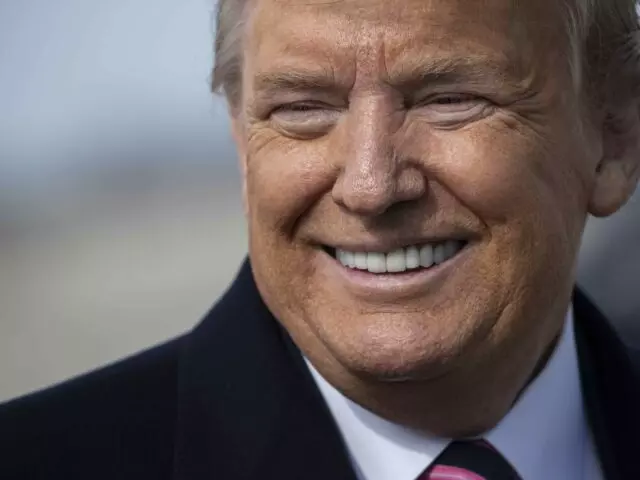The U.S. Supreme Court ruled in favor of former President Donald Trump, holding in a 6-3 decision that presidents are covered by limited immunity from criminal prosecutions for actions taken while in office. The Court held, according to the summary of the decision: Under our constitutional structure of separated powers, the nature of Presidential power entitles a former President to absolute immunity from criminal prosecution for actions within his conclusive and preclusive constitutional authority. And he is entitled to at least presumptive immunity from prosecution for all his official acts. There is no immunity for unofficial acts.
The Court also ruled that a president is entitled to a pretrial hearing on immunity that can be appealed all the way to the Supreme Court before a trial begins. This means that any trial of the former president will take place after the November 5, 2024, election. Chief Justice John Roberts, writing the opinion for the Court’s conservative majority, said: “This case poses a question of lasting significance: When may a former President be prosecuted for official acts taken during his Presidency? Our Nation has never before needed an answer.
The President enjoys no immunity for his unofficial acts, and not everything the President does is official. The President is not above the law. But Congress may not criminalize the President’s conduct in carrying out the responsibilities of the Executive Branch under the Constitution. And the system of separated powers designed by the Framers has always demanded an energetic, independent Executive. The President therefore may not be prosecuted for exercising his core constitutional powers, and he is entitled, at a minimum, to a presumptive immunity from prosecution for all his official acts. That immunity applies equally to all occupants of the Oval Office, regardless of politics, policy, or party.
In a footnote, Justice Roberts refers to last week’s decision in Fischer v. U.S. limiting federal prosecutors’ use of 18 U.S.C. 1512(c)(2) to pursue January 6 defendants, saying that the trial court should also “determine in the first instance whether the Section 1512(c)(2) charges may proceed.
In a concurring opinion, Justice Clarence Thomas questioned the constitutionality of Smith’s appointment: “I write separately to highlight another way in which this prosecution may violate our constitutional structure. In this case, the Attorney General purported to appoint a private citizen as Special Counsel to prosecute a former President on behalf of the United States.
Justice Sonia Sotomayor led the Court’s three liberals in dissent, writing: “Never in the history of our Republic has a President had reason to believe that he would be immune from criminal prosecution if he used the trappings of his office to violate the criminal law. Moving forward, however, all former Presidents will be cloaked in such immunity.
The case will now be remanded, and will likely result in the dismissal of some or all of the charges facing the former president in federal court in Washington, D.C., relating to the Capitol riot of January 6. The case is Trump v. United States, No. 23-939 in the Supreme Court of the United States.

